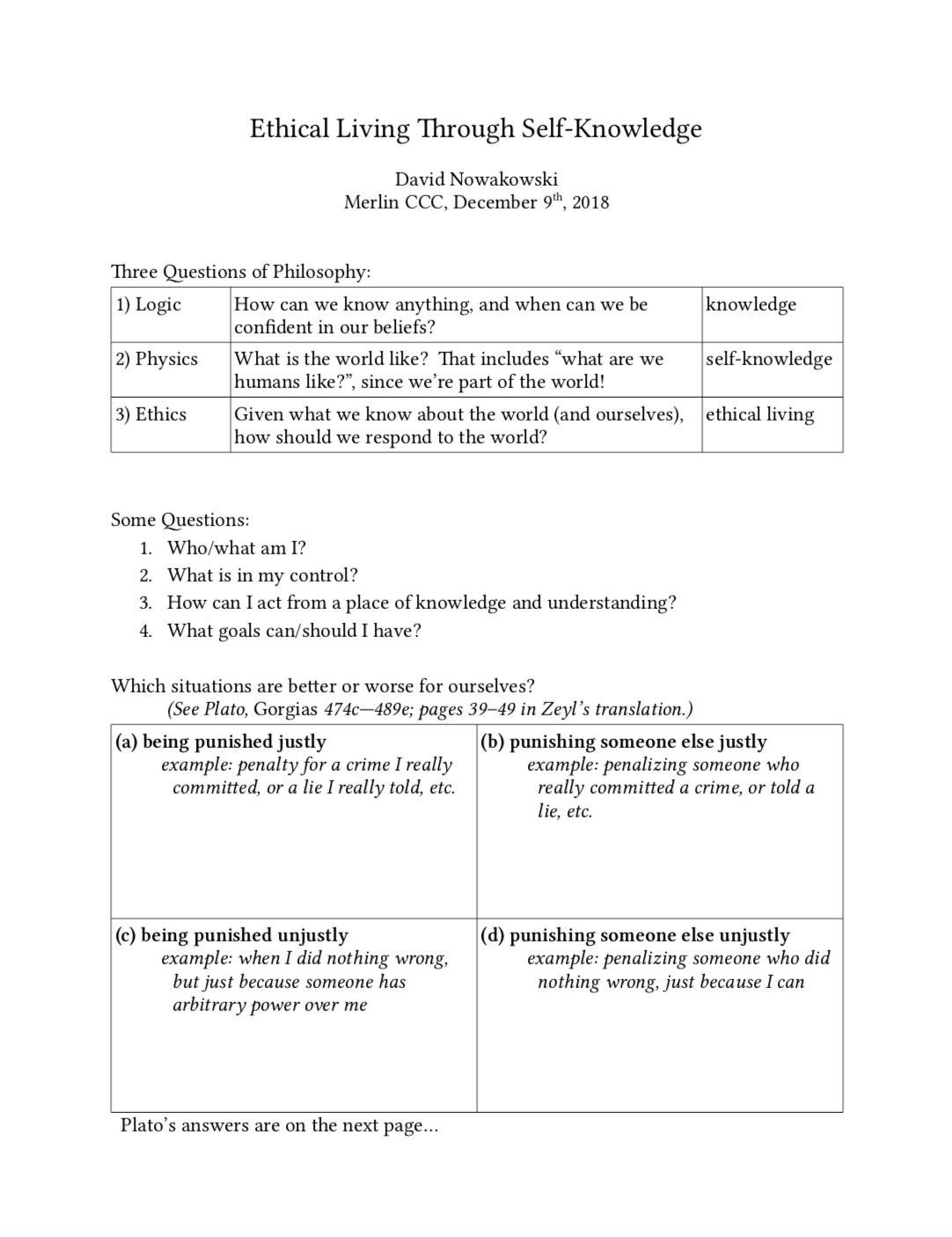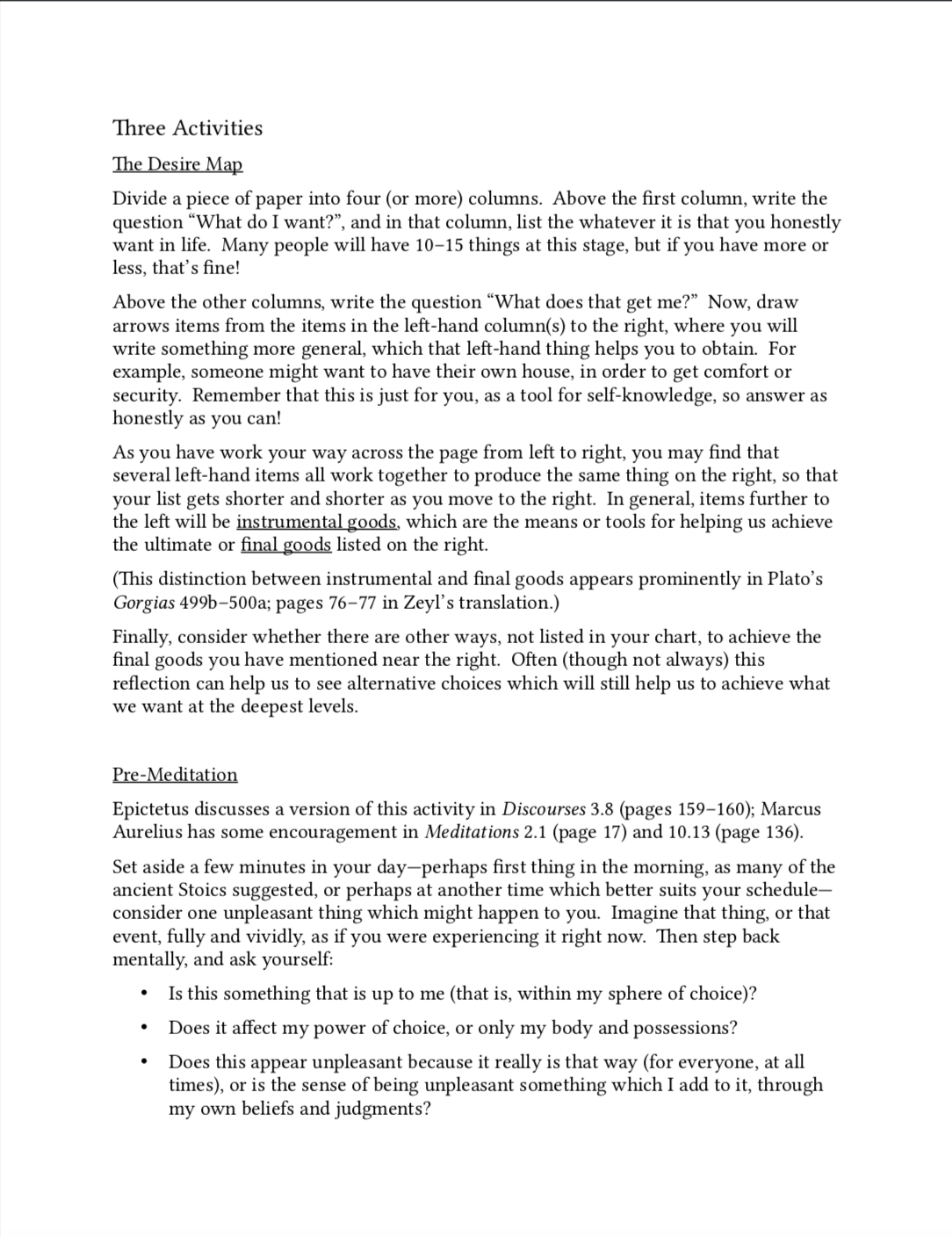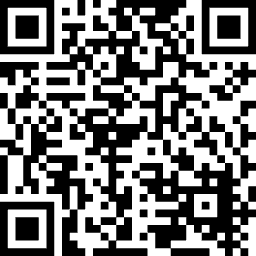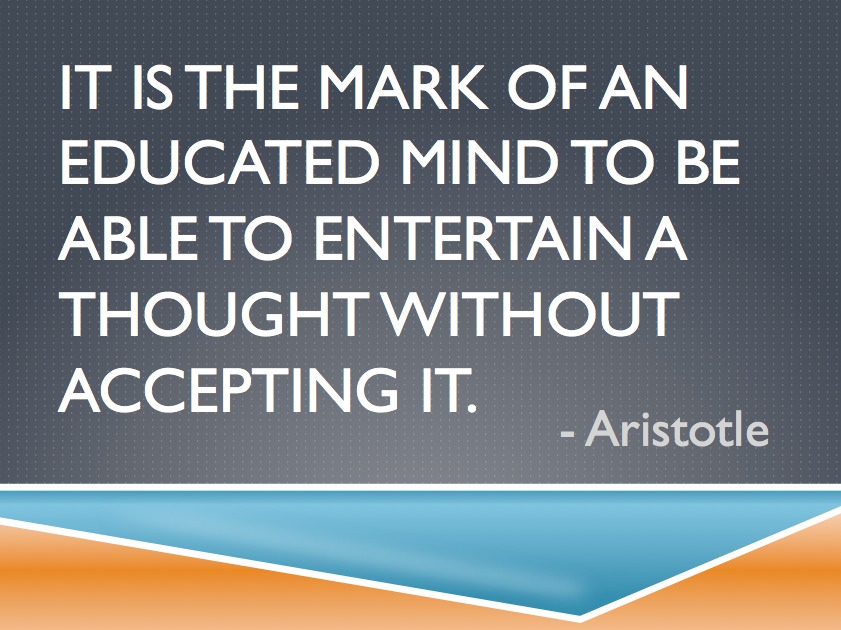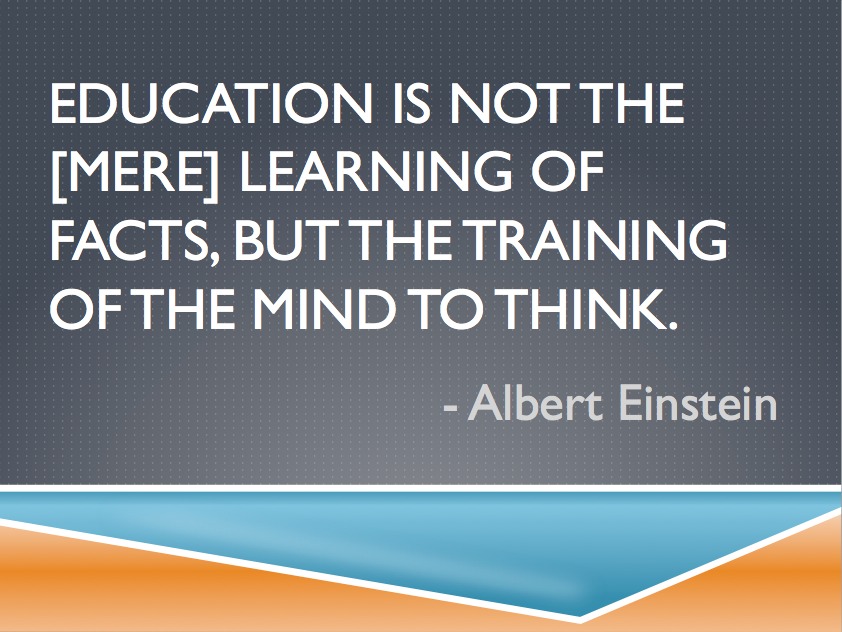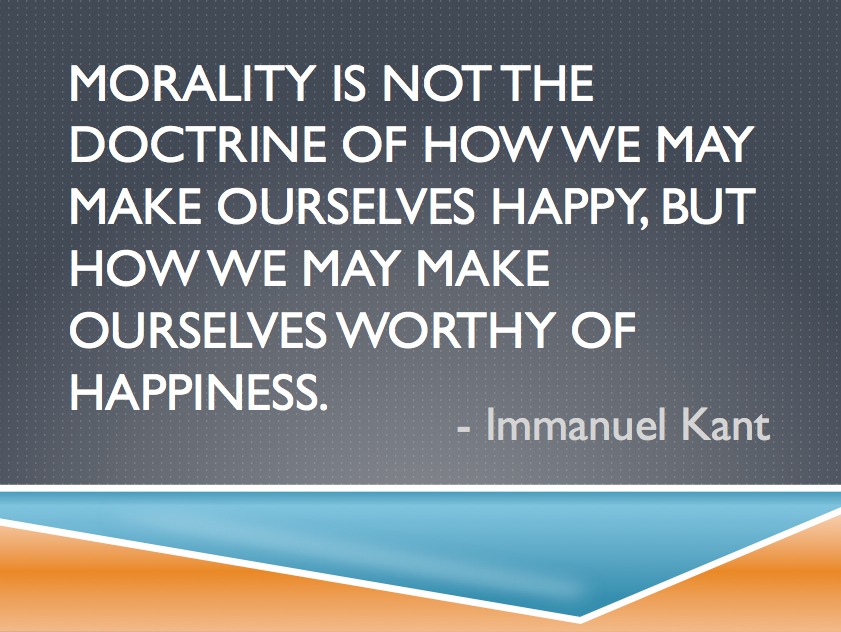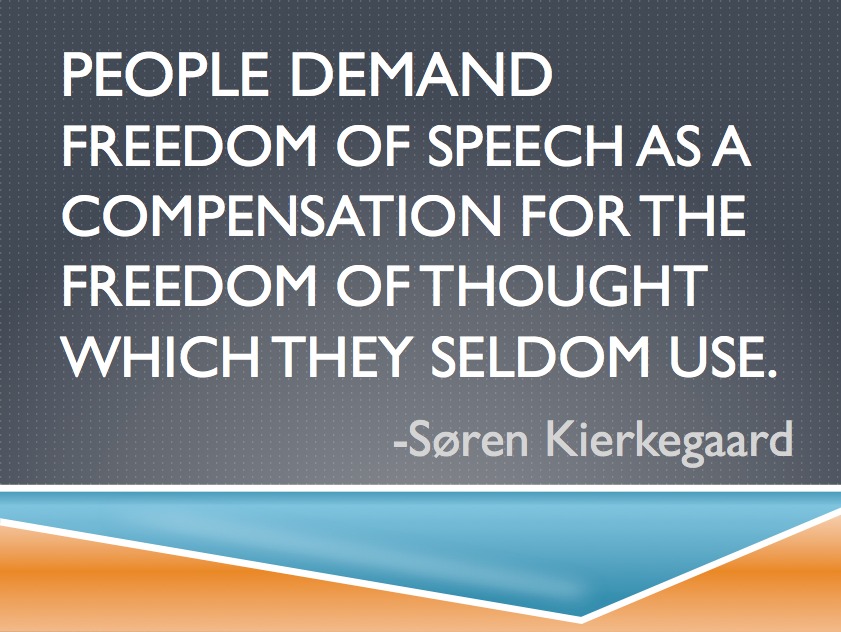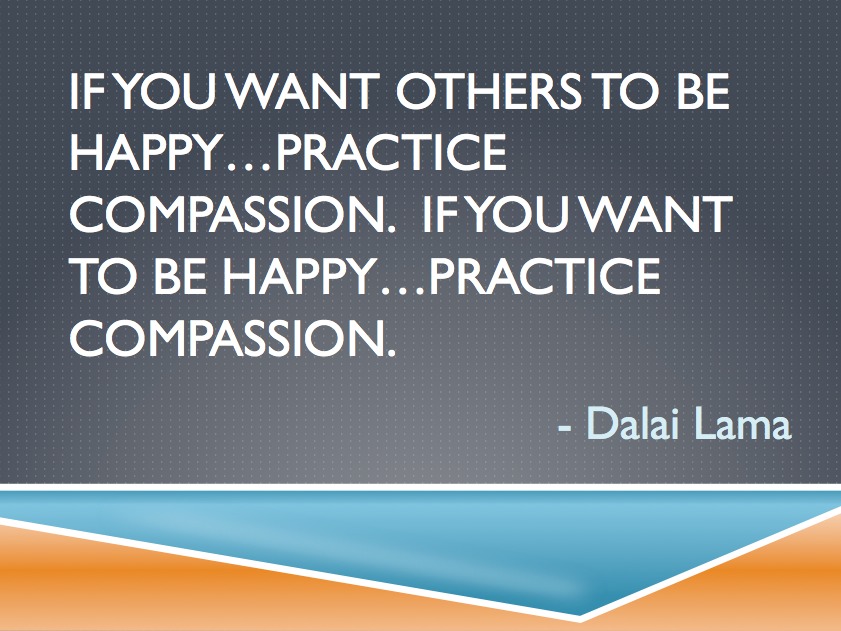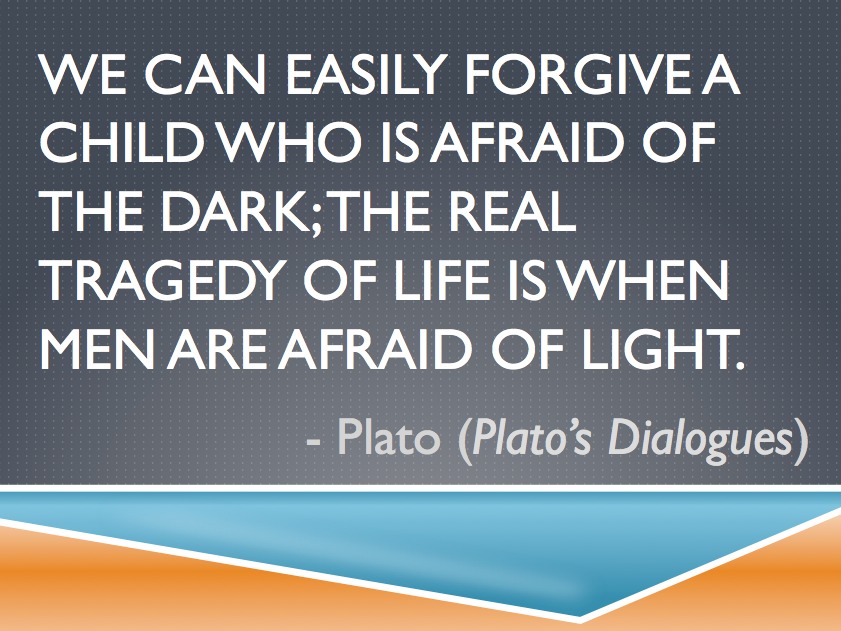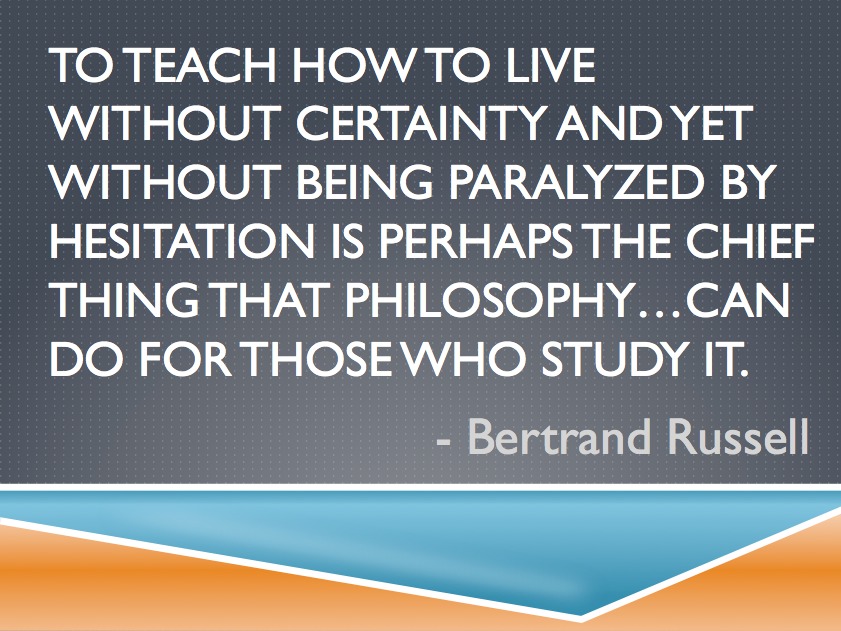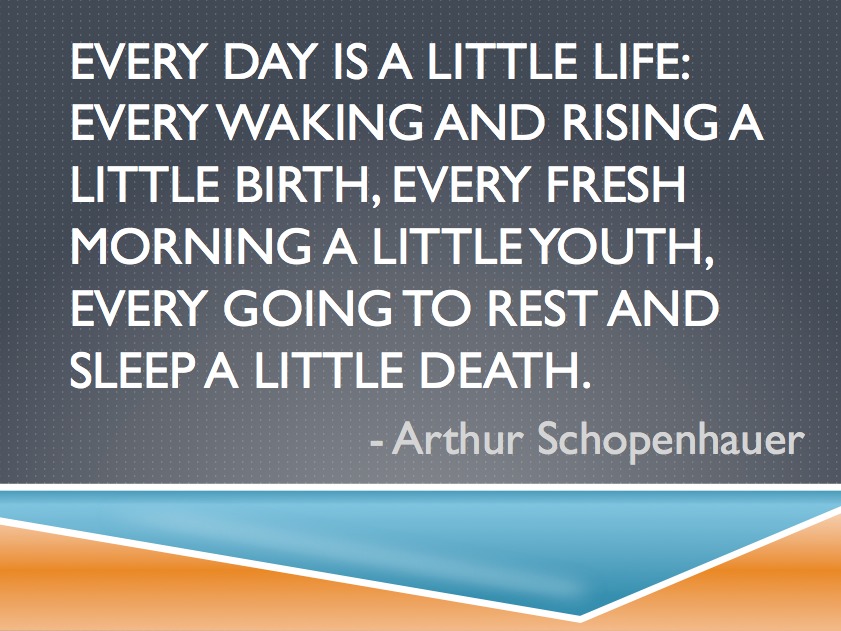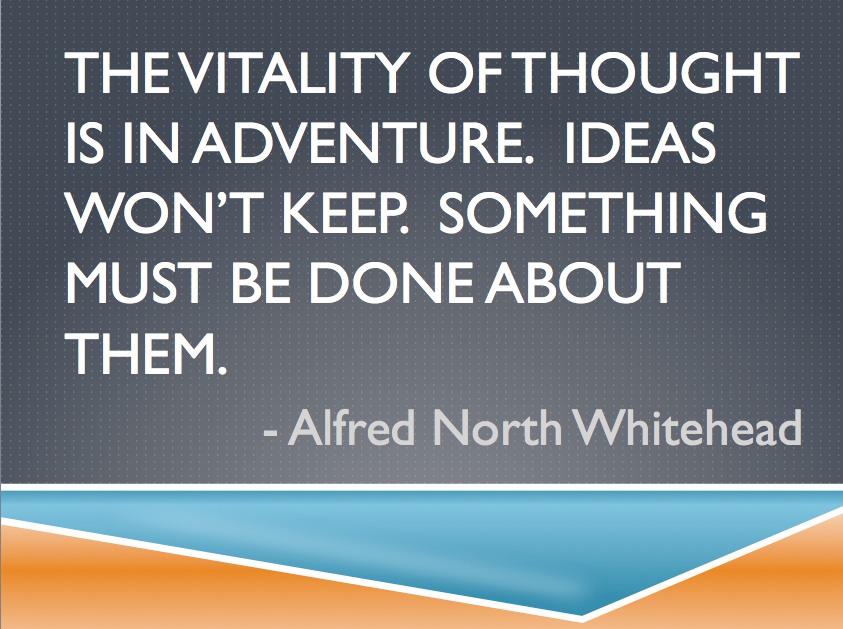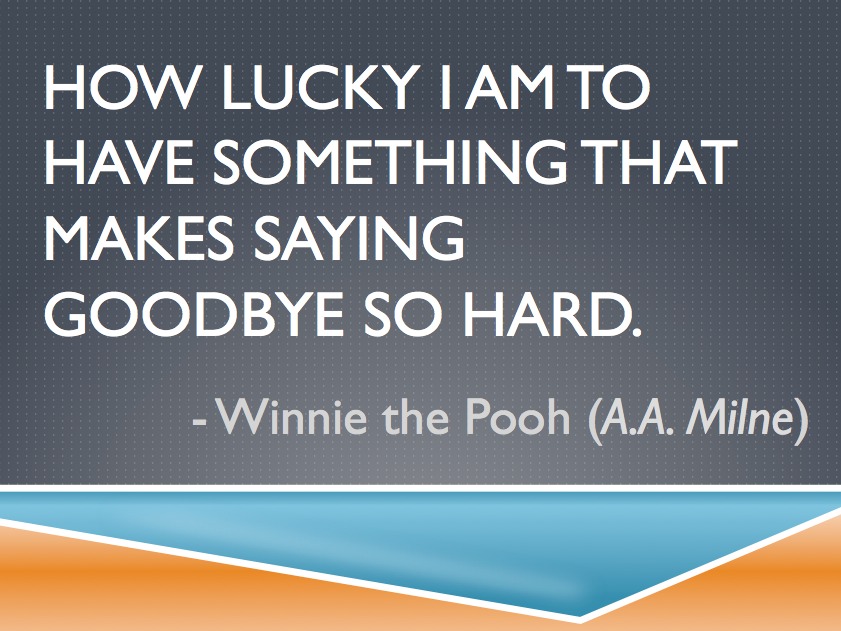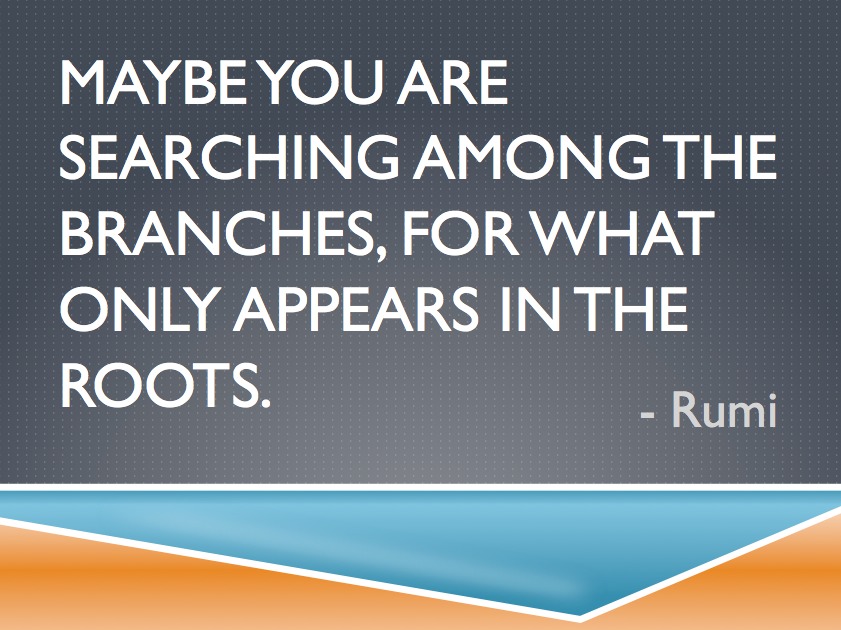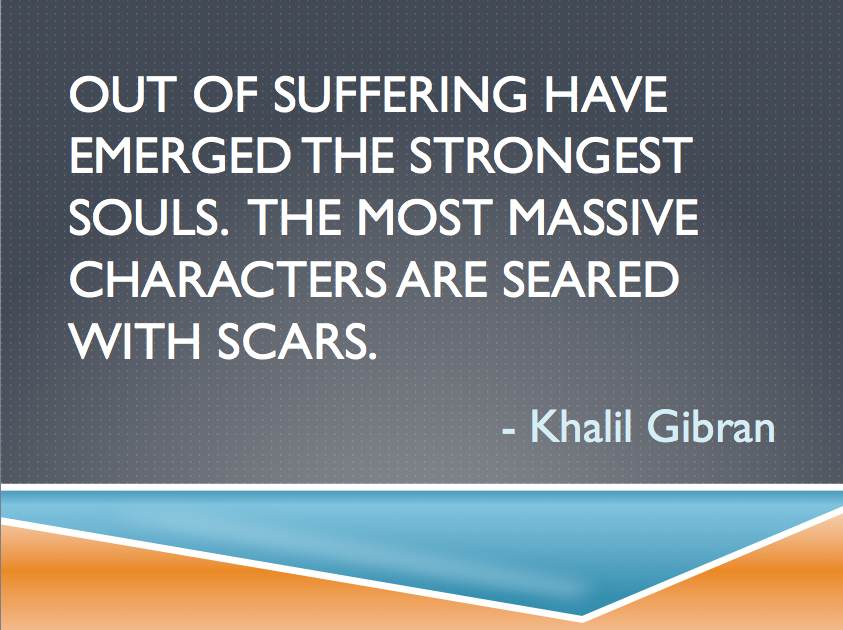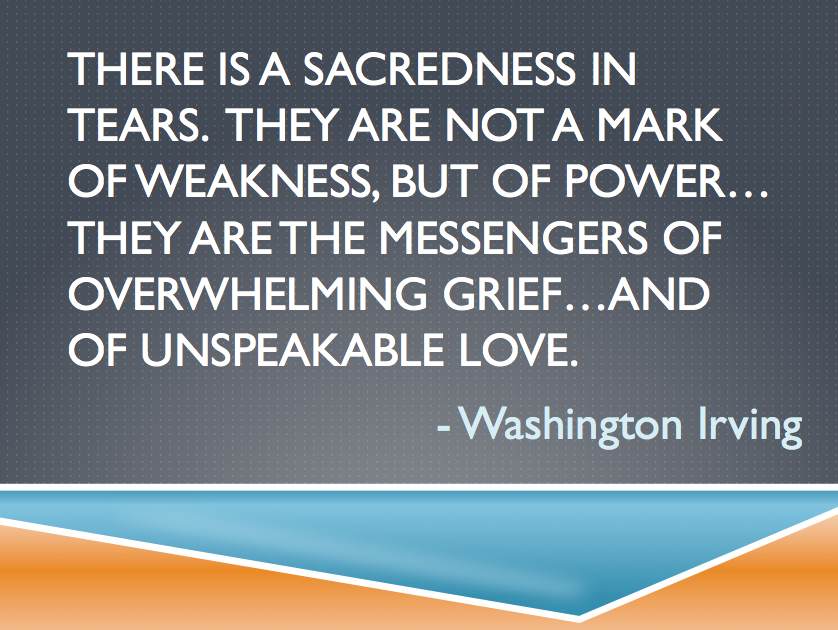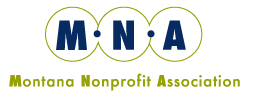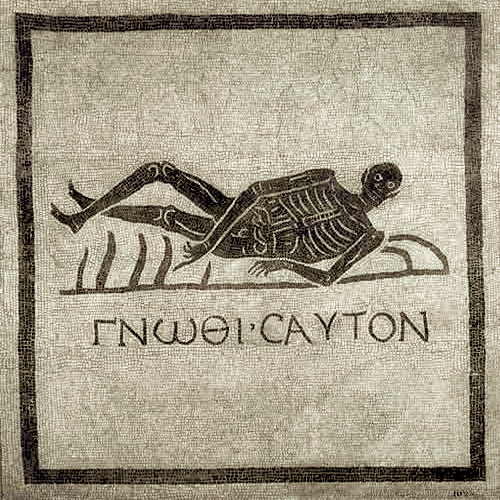
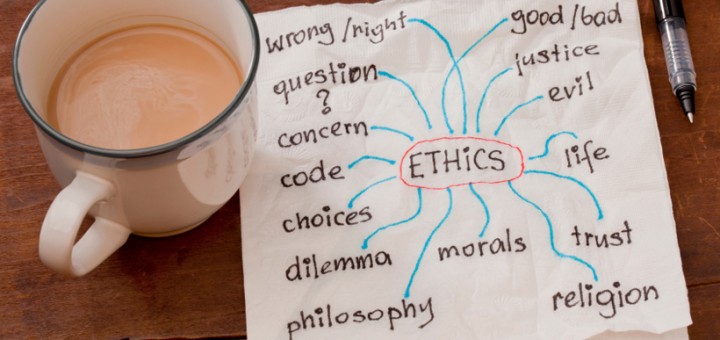

Philosophers of the ancient world consistently describe understanding ourselves and our place in the wider world as one of the first steps toward living well. In this 3-hour “philosophy as a way of life”-inspired workshop led by special guest & Princeton scholar, David Nowakowski, PhD (Assistant Professor of Philosophy, Union College), we looked at some of the insights provided by Ancient Greek thinkers concerning questions of self, free-will, responsibility, happiness, and more. Some questions that were explored included:
- What is part of myself, and what isn’t?
- What do I have control over, and what don’t I?
- How, by looking inward, can I find the freedom to live the best possible life for myself and my loved ones?
- And more…
Select readings and activities inspired by the Epicurean, Stoic, and Platonist traditions were examined and applied with the aim of introducing participants to a variety of philosophical perspectives on “knowing thyself” and practical tools for living well.
About the Workshop Leader
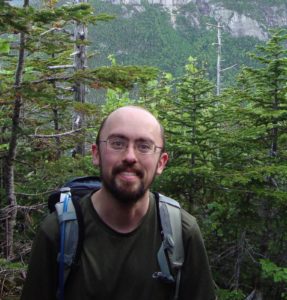 David Nowakowski received his PhD in philosophy from Princeton University and is currently an Assistant Professor of Philosophy at Union College in Schenectady, NY. A self-declared hermit and lover of philosophy and the great outdoors, David specializes in the history of philosophy in India and South Asia. His research in this area focuses on epistemology, mind, and metaphysics. The main theme of his work is to consider Indian intellectuals as deeply systematic thinkers, learning how to reason from the perspective of the philosophers in these traditions. David is also well-versed in ancient Greek philosophy, and issues relating to food systems and the environment and has become increasingly interested in “philosophy as a way of life” over the past several years.
David Nowakowski received his PhD in philosophy from Princeton University and is currently an Assistant Professor of Philosophy at Union College in Schenectady, NY. A self-declared hermit and lover of philosophy and the great outdoors, David specializes in the history of philosophy in India and South Asia. His research in this area focuses on epistemology, mind, and metaphysics. The main theme of his work is to consider Indian intellectuals as deeply systematic thinkers, learning how to reason from the perspective of the philosophers in these traditions. David is also well-versed in ancient Greek philosophy, and issues relating to food systems and the environment and has become increasingly interested in “philosophy as a way of life” over the past several years.
Workshop Resources & Notes
Please find below the exercises we did during the workshop, along with some notes from the workshop leader, and detailed instructions for three activities that you can return to time and time again if you are interested. To download the materials, just click on the image, read & print.
For Further Reading
(Recommended Texts & Translations)
Ancient Stoics
- Epictetus. Discourses, Fragments, Handbook. Translated by Robin Hard. Oxford World’s Classics, 2014.
- Start with the Handbook (which is at the end, pages 287–304), then just flip around in the Discourses to whatever topics or questions catch your eye. This is not at all the sort of book that you need to read from cover to cover!
- Marcus Aurelius. Meditations. Translated by Gregory Hays. Modern Library Classics, 2002.
Modern Stoics
- James Stockdale, Courage Under Fire. Available from http://media.hoover.org/sites/default/files/documents/StockdaleCourage.pdf
- James Stockdale, “The Stoic Warrior’s Triad.” Available from https://www.usna.edu/Ethics/_files/documents/stoicism1.pdf
- James Stockdale, “Master of My Fate.” Available from https://www.usna.edu/Ethics/_files/documents/Stoicism2.pdf
The last two essays, taken together, cover much of the same ground as the first short book, but with some different emphasis. Note that Stockdale refers to Epictetus’ short work by its Greek title, the Enchiridion; this is the same work that Robin Hard’s translation (listed above) calls the Handbook.
Ancient Platonism
- Plato, Gorgias. Translated by Donald J. Zeyl. Hackett, 1987.
- Plato, Five Dialogues: Euthyphro, Apology, Crito, Meno, Phaedo. Translated by G.M.A. Grube, revised by John M. Cooper. Second edition. Hackett, 2002.
- For ethics, take a look at the Crito, which asks the question, “Do we have a duty to obey unjust laws, and to accept unjust punishments?” Socrates is in prison, condemned to die, and his friends want to break him out. Should he go with them, or stay in jail?
- The Phaedo considers the relationship between the soul and the body, and argues that death is nothing to be afraid of. It’s a bold claim, given that Socrates says this on the very day that he is going to be executed!
For Plato, all of these same translations (plus many more) are also found in Plato, Complete Works, edited by John M. Cooper. If you prefer to get many years worth of thought-provoking reading in one big, heavy hardcover book, this is the one to buy!
Photos











